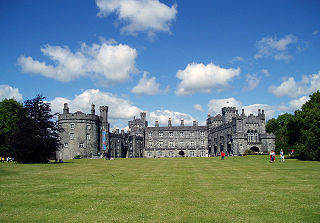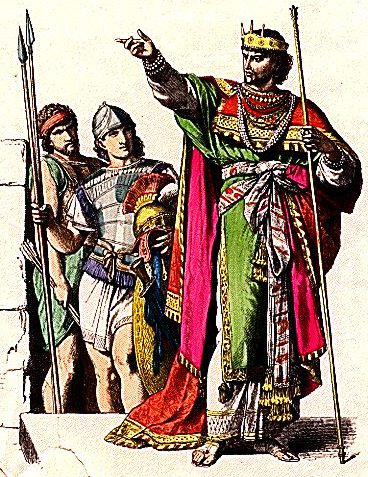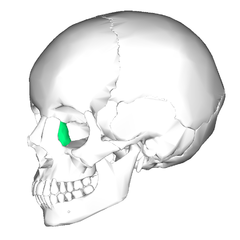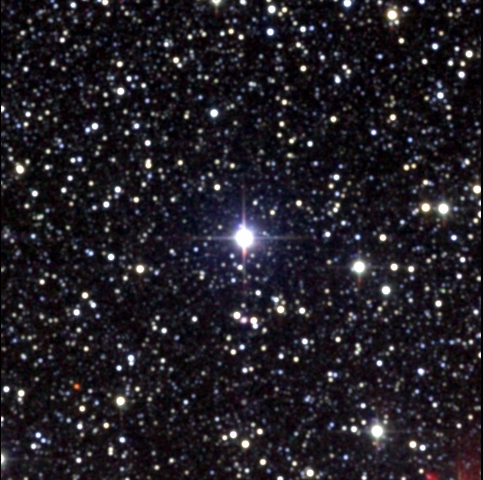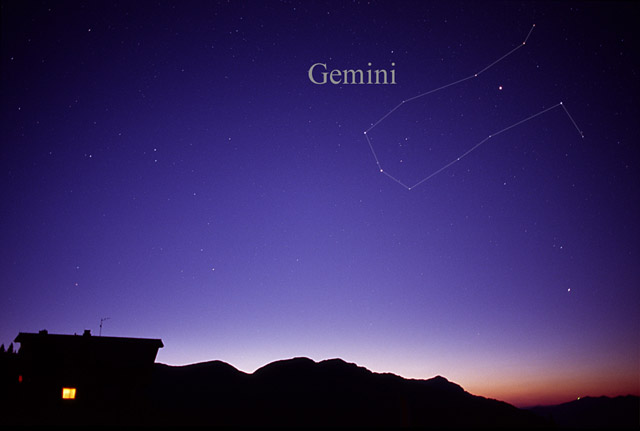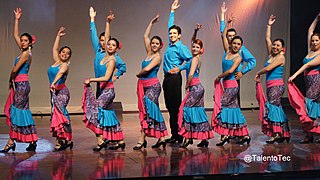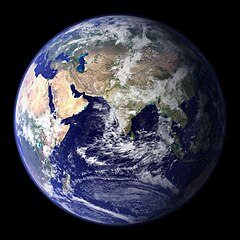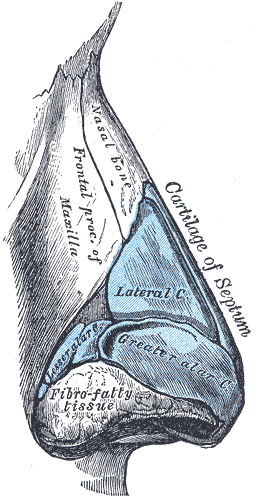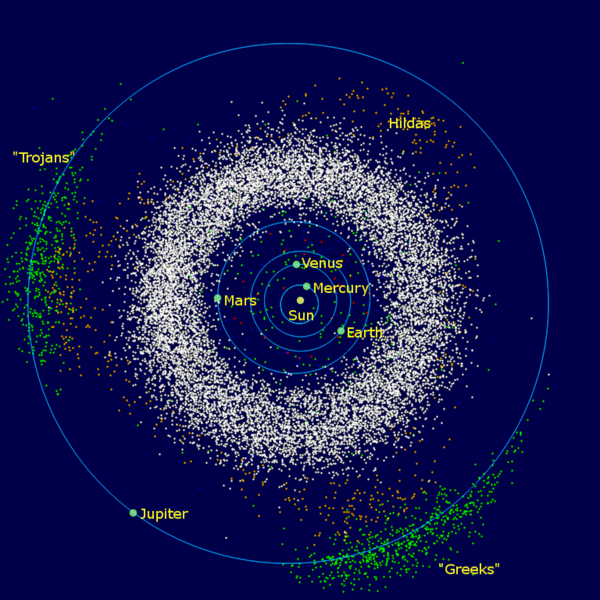Let's keep learning about the kings from the books of
Samuel, Kings and Chronicles.
We already learned about the prophet
Samuel and
King Saul.
Next up is
King David.
David was a small boy, but he had great faith.
When the Israelits were fighting a giant named
Goliath none of the soldiers would meet him in battle,
but David went up against him using only a sling to throw rocks.
He hit Goliath right in the head and killed him, because he believed in God's power.
David was also a musician, and met with King Saul because his music helped make the king's bad headaches go away.
Eventually David became king after Saul died.
He is such a popular king that some people called Jesus a
son of David because Jesus was from David's family.
David was a great king until one day when he saw a woman that was not his wife,
and stole her away from her husband.
God was angry because David could have had anything he wanted, but he stole something that wasn't his.
David loved the Lord and so he begged for forgiveness.
God forgave him, but because David had done something bad, he had many other problems with his family.
Eventually David died as an old man in his bed after making his son
Solomon the next king.

(from: wikipedia -
david)

